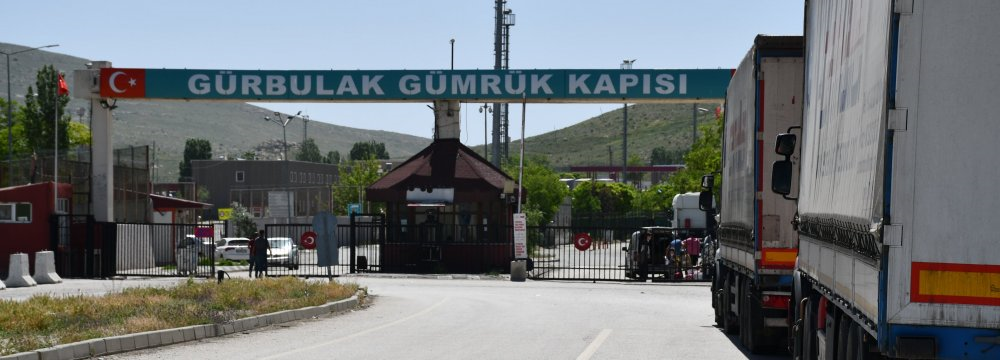The normalization of Turkish-Syrian relations under Russian auspices proceeded smoothly until Iran’s prompt intervention interrupted the process.
Turkiye expressed its willingness for full normalization with the Syrian regime due to internal reasons related to the Turkish economy to open border crossings with Syria and export Turkish goods to Arab countries.
Russia responded to the Turkish initiative by sponsoring it and putting pressure on the Assad government to unconditionally agree to direct talks with the Turkish side. The initiative went from security meetings with the Syrian side to meetings at the level of defense ministers of both countries. Russia hosted the meeting and pushed its development to the political level through talks between the foreign ministers of both countries in Moscow. At that point, Iran intensified its political activities/interactions with the Syrian regime in order to curb the Turkish-Russian impulse for fear of losing some of its influence.
Russian-Turkish meetings regarding Syria have always involved Iran, but normalization meetings have entirely ruled that out. As a result, Tehran began to feel that the Syrian issue was no longer being managed trilaterally/with tripartite presence, as was the case at the meetings in Sochi and Astana.
Tehran fears restoring Turkish-Syrian relations will come at the expense of its share of influence, in addition to trade benefits, reconstruction contracts, public sector investment, and the profits from the extraction of natural resources such as oil, gas, minerals and phosphates.
Although Iran publicly welcomes Turkiye’s opening up to Damascus, its stance differs from what it has announced. Tehran sent Foreign Minister Hossein Amir-Abdollahian to Damascus to ask the Syrian regime to raise the ceiling on demands in exchange for normalizing relations with Turkiye.
After these visits, Assad and his government declared that there could be no full normalization of relations with Turkiye without a complete withdrawal from Syrian lands. This position contradicts the agreement between Turkiye and Russia that normalization will happen without further conditions.
Iran’s position in Syria is full of contradictions. Iran wants the regime’s return as a legitimate government that has relations with all the countries of the world, but at the moment fears the current imbalance of power between Turkiye, Russia and its influence in Syria. During bilateral Turkish-Syrian talks, Iran pressured its militias to move toward northern Syria near Ankara-controlled areas as an indirect signal that there would be no normalization without Tehran’s approval.
Turkiye prefers Russia as the main mediator in talks with Syria because Moscow is more flexible than Tehran in accelerating normalization over time. Moreover, Russia is ready to put pressure on the regime’s government to react logically, as Moscow and Ankara cooperate not only in Syria but also in Ukraine. The two countries have well-established political and military coordination, which ensures that the normalization process between Ankara and Damascus is proceeding according to the wishes of the Turkish leadership.
arabnews.com
